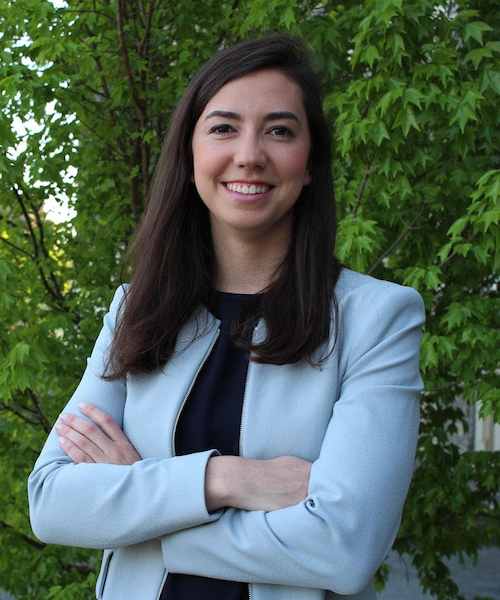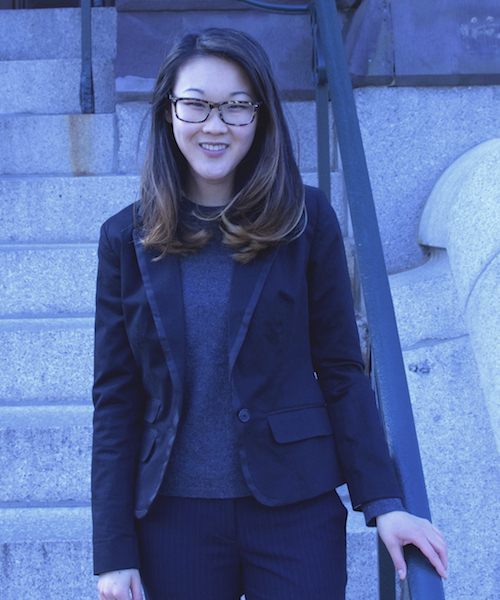
The Behind-the-Scenes Conversations
Andrea Su | August 30, 2019
Responding To: 2018-2019 Student Fellows Reflect on Their Year in the Program
Lakshmi Iyengar
It’s been almost a year since I applied to be a U.S.-China Student Fellow. Sponsored by the Georgetown Initiative for U.S.-China Dialogue on Global Issues, the fellowship brings together students from the United States and China to discuss various aspects of the U.S.-China relationship. The initiative gave fellows the opportunity to meet various diplomats, policymakers, and scholars about various aspects of the U.S.-China relationship.
As someone who has lived in China and studied Chinese, I came into the program assuming that I had a grasp of the diversity within China and was instead there to learn about China from a political and international standpoint. Listening to discussions about development logic in Africa or global health strategy, and hearing insights from scholars in the field and the other fellows, it became evident that I had confused my familiarity with China for understanding. I made assumptions from my observations in China instead of hearing the logic from the Chinese side, and I heard that disconnect in our discussions. In answering the Chinese fellows’ questions about American political logic or public opinion, the other American fellows and I were forced to also critically think about how our own systems worked in comparison.
Over the year, the relationship between the fellows grew stronger as we sent email updates to each other about our lives. It was both fun and valuable to discuss current events with the fellows and hear varying perspectives. When the Beijing conference came around, I was ready to have more challenging and nuanced conversations about the topics at hand. Still, I found myself surprised when the diplomats we spoke with on both sides expressed frustration with their own colleagues. Even more surprised when, after perfectly logical arguments presented by officials, the fellows provided other information to contradict or at least contest the seemingly sound arguments. At the end of the five days, I was considerably better informed about Chinese-American politics, and considerably less sure of that information.
That doubt was my largest takeaway from this program. From the other fellows’ questions to our discussions to the internal disagreement between the scholars and officials we spoke to, it is clear that there isn’t one story about the U.S.-China relationship, or politics on each side. A continued relationship with the other students in the program is integral to me keeping this lesson moving forward, and I’m grateful to Georgetown and the Initiative for giving me the platform to learn about the U.S.-China relationship in such a nuanced light.

Andrea Su | August 30, 2019

Junming Cui | August 30, 2019

Yihong Shi | August 30, 2019

Zhaoqing Li | August 30, 2019

Isabelle Hupez | August 29, 2019

Ivan Solomon | August 29, 2019

Jozanne Murphy | August 29, 2019

Xiaogu Xu | August 29, 2019

Aaron Baum | August 28, 2019

Chang Fan | August 28, 2019

Danny Li | August 28, 2019